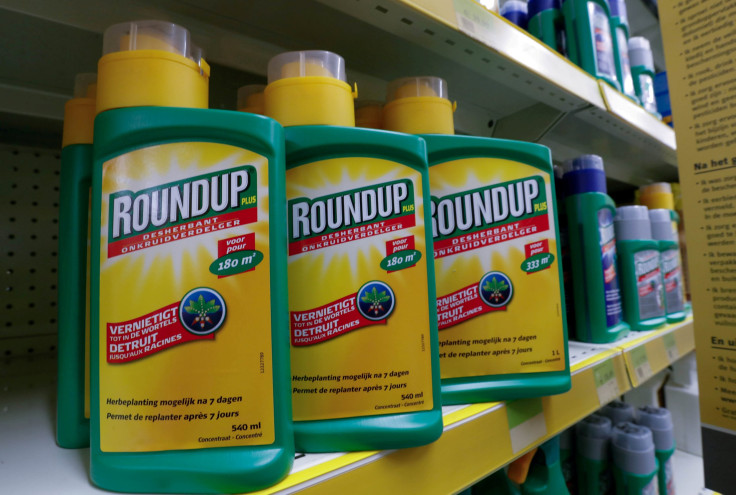Bayer Lawsuit: German Company To Pay $2 Billion To Couple After Roundup Cancer Case

A California jury on Monday awarded more than $2 billion to a couple who blamed weedkiller Roundup for causing their cancer in the largest such verdict to date.
The couple, Alva and Alberta Pilliod of Livermore, California, had been using Monsanto's signature weedkiller Roundup on residential properties since the 1970's. The couple has since been diagnosed with Non-Hodgkin's Lymphoma.
Bayer AG (BAYRY), which acquired Monsanto in 2018, will be legally responsible to pay $2.055 billion in punitive damages to the couple, the largest payment the company has ever had to make. This decision marks the third Roundup court loss, as 11,000 lawsuits are pending across the country alleging that Roundup caused or contributed to cancer cases.
"The verdict is as clear of a statement as you can get that they need to change what they're doing," Brent Wisner, one of the plaintiff's attorneys, told CNN about Bayer.
"Unlike the first two Monsanto trials, where the judges severely limited the amount of plaintiffs' evidence, we were allowed to show a jury the mountain of evidence showing Monsanto's manipulation of science, the media and regulatory agencies to forward their own agenda despite Roundup's severe harm to the animal kingdom and to humankind," another attorney on the case, Michael Miller, added.
Germany-based Bayer has shot back at the allegations and maintains that their product is safe.
"Bayer is disappointed with the jury's decision and will appeal the verdict in this case," the company said in a statement.
Roundup is a Glyphosate-based product, and Bayer contends that Glyphosate is not carcinogenic.
Bayer made the case that the Pilliods have had a medical history that would make them at risk for Non-Hodgkin's Lymphoma and that Roundup did not contribute to the diagnosis.
"We have great sympathy for Mr. and Mrs. Pilliod but the evidence in this case was clear that both have long histories of illnesses known to be substantial risk factors for Non-Hodgkin's Lymphoma," the statement added.
Monsanto has had a controversial past as a chemical company before transforming itself into an agritech firm. The company produced "Agent Orange," a defoliant used in the Vietnam War that was linked to cancer cases in army veterans. Its herbicides and weed killers have been linked to the disappearance of bees and also to disrupting human endocrine systems.
Shares of Bayer have dropped roughly 45% in the past year.
© Copyright IBTimes 2025. All rights reserved.





















